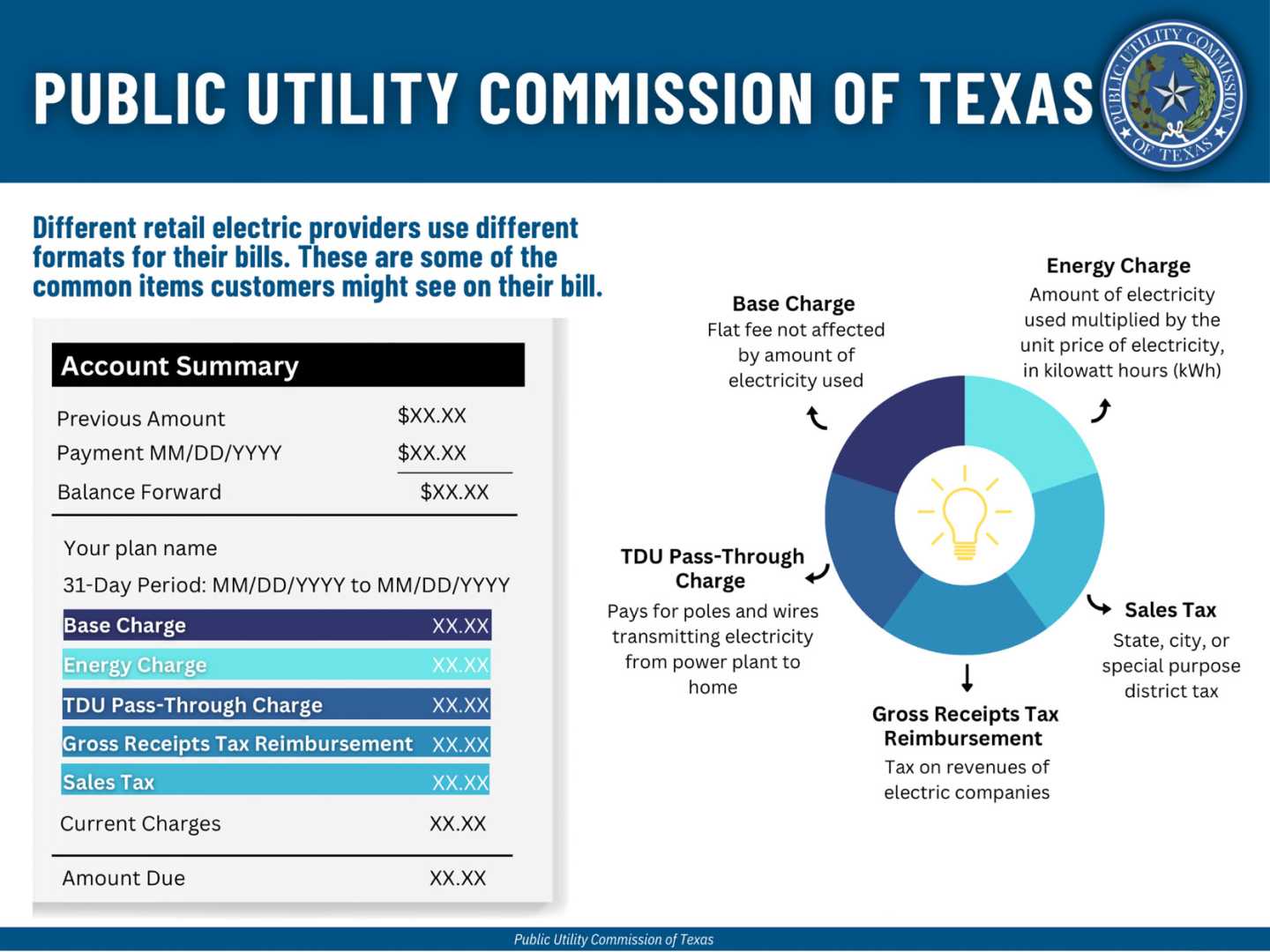Politics
Texas Lawmakers Tackle Controversial Energy Regulation Bill

ODESSA, Texas — Texas’ renewable energy industry is experiencing substantial growth, accounting for nearly 90% of new electricity generating capacity in the state. Wind, solar, and battery storage sectors have established themselves as reliable energy sources, positioning Texas as a leader in the renewable energy landscape. However, proposed legislation by state Sen. Lois Kolkhorst, R-Brenham, threatens to test the industry’s momentum with sweeping administrative rules.
The legislation aims to impose new fees, requiring the Texas Public Utility Commission (PUC) to approve any wind or solar projects before they can begin construction. This is Kolkhorst’s second attempt to regulate renewables more strictly, citing concerns over visual blight in rural areas and uncontrolled growth.
The bill advanced last week when a Senate committee voted overwhelmingly to send it to the full chamber. It must also gain approval in the Texas House before becoming law. Renewable energy groups, however, view the legislation as detrimental, arguing it would impede the energy production essential for a rapidly growing population. The Electric Reliability Council of Texas (ERCOT) projects that energy demand will double in the next decade, suggesting the need for a robust renewable energy supply.
Opponents of the bill argue it contradicts Governor Greg Abbott‘s “all of the above” energy strategy. Daniel Giese, director of state affairs at the Solar Energy Industries Association, stated, “Any policy that hamstrings or puts red tape on energy development is not good for the grid, and it’s not good for consumers either.”
Despite pushback, Kolkhorst and her supporters maintain that striking a balance between industry growth and protecting landowners and natural resources is crucial. Critics argue that not enough data exists regarding the environmental impacts of the expanding solar and wind infrastructure.
Cara Gustafson, spokesperson for Stewards for Texas, stated that their efforts are not anti-renewable. “We knew we would be painted as anti-renewable no matter what,” she said, emphasizing the need for regulatory oversight. The proposed legislation requires any wind or solar installation generating over 10 megawatts to obtain a permit from the PUC, alongside a description of the facility and environmental impact assessments from the Texas Parks and Wildlife Department.
Additionally, the bill mandates public hearings for potential projects within 25 miles of a proposed site, with details published in local newspapers. Any approved facility must monitor environmental effects and report findings to the Parks and Wildlife Department. Furthermore, it enforces specific distance requirements from property lines and habitable structures.
This legislation sharply contrasts with the regulatory environment for oil and gas operations in Texas, which lack similar distance requirements. The Texas Railroad Commission oversees oil and gas permits without the stringent public hearing protocols required for renewable projects. A spokesperson for the commission asserted that their regulations are designed to safeguard groundwater and mitigate pollution risks.
Gustafson argues that the bill provides landowners greater agency by creating a uniform regulatory framework. She supports environmental assessments as necessary for protecting Texas’ natural resources. During a prior hearing, Laura Zebehazy, a director from the Parks and Wildlife Department, highlighted the need for voluntary input from renewable energy developers.
The debate surrounding this bill underscores the complex relationship between renewable energy growth and regulatory oversight in Texas. Judd Messer, Texas vice president of the Advanced Power Alliance, expressed concern that the legislation could impede landowners’ rights and hinder the industry’s progress. He cautioned against increased government regulation that complicates private property rights and free enterprise.
As lawmakers continue to deliberate, the outcome of Kolkhorst’s proposed legislation remains to be seen, potentially affecting the trajectory of Texas’ renewable energy sector.












